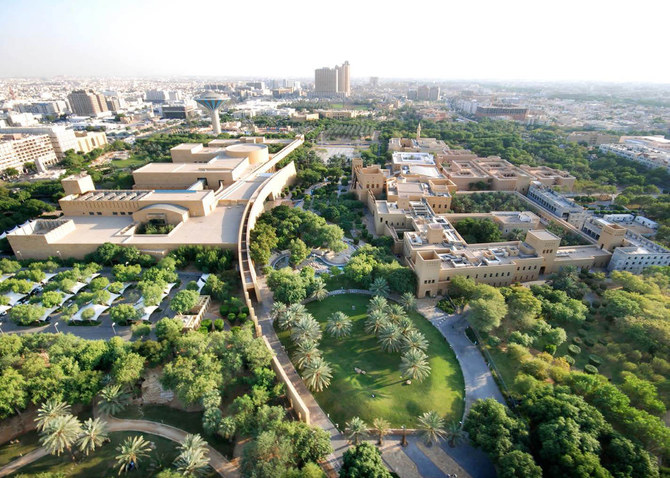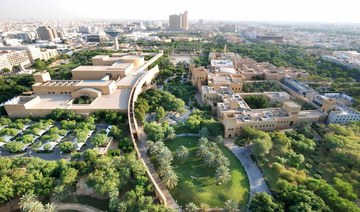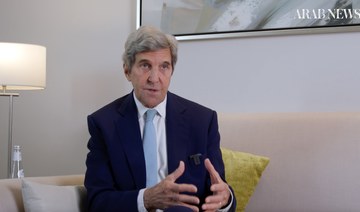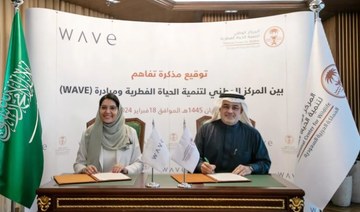DUBAI: Prince Abdulaziz bin Salman, the energy minister of Saudi Arabia, set out the Kingdom’s position on climate change loud and clear at the Future Investment Initiative forum in Riyadh earlier this year.
“We are long believers in the Paris Agreement and are doing everything in our power to achieve it,” he said, before issuing a challenge to other countries to match the Kingdom’s ambition in the campaign to reduce greenhouse gas emissions and thereby mitigate global warming.
“Whatever we will do in the Kingdom will support emissions reduction, and we are doing it willingly because the economic benefits (from new energy technologies) are clear. We will enjoy being looked at as a reasonable and responsible international citizen because we will be doing more than most European countries by 2030 to combat climate change,” he said.
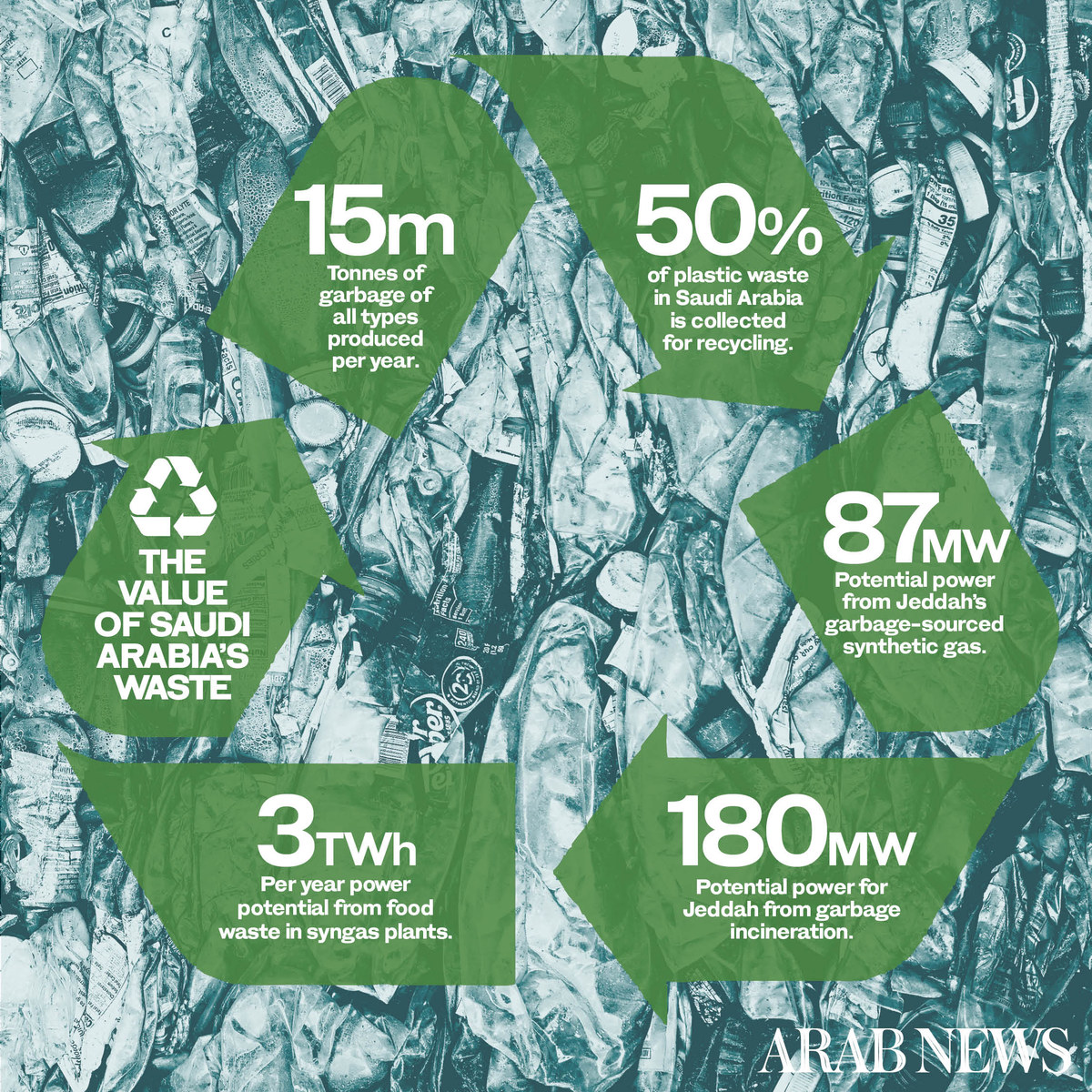
That message — Saudi Arabia will be a leader in the global campaign for energy sustainability — will be hammered home at the continuing 76th session of the United Nations General Assembly in New York, where climate change and sustainability are bound to be key issues.
The UNGA meetings are an opportunity each year to monitor progress on the UN’s sustainable development goals, the set of 17 policy objectives put in place in 2015 as a “blueprint to achieve a better and more sustainable future for all,” and intended for full implementation by 2030.
That time frame coincides with Saudi Arabia’s own Vision 2030 strategy, itself designed to transform the Kingdom and diversify its economy away from oil dependency. Sustainability is a vital part of the Vision 2030 plan.
The message will be driven home in New York, and next month in Glasgow when the COP26 summit takes crucial decisions on the next phase of implementation of the Paris Agreements.
Saudi Arabia’s position on climate change is long-standing and clear: The Kingdom shares the concern of the rest of the world that global warming presents a risk to humanity if allowed to go unchecked. Moreover, as a major player in global energy markets, Saudi Arabia has a big responsibility for protecting the planet.
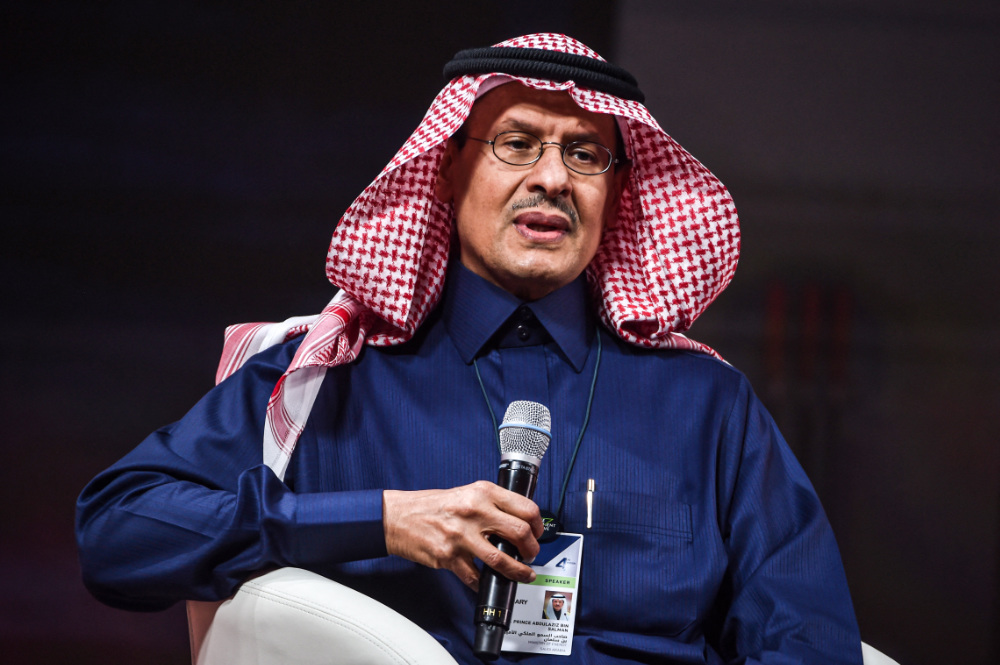
Saudi Energy Minister Prince Abdulaziz bin Salman set out the Kingdom’s position on climate change loud and clear at the Future Investment Initiative forum earlier this year
But, precisely because of its role as a leading energy producer, the Saudi position is far more nuanced than some in Europe and North America who have turned against hydrocarbon fuels in any form.
One Saudi policy adviser told Arab News: “We reject the false choice between preserving the economy and protecting the environment. We view the rising global demand for energy products as an opportunity to re-imagine the future of energy globally, and through the Kingdom’s Vision 2030, we aim to pioneer this future.”
That thinking is behind many of the energy policy initiatives that have emerged from Riyadh over the past couple of years. Prince Abdulaziz has long been an enthusiast of sustainability and energy efficiency, and the drive toward a comprehensive policy on climate change has been given new impetus since he was appointed energy minister two years ago.
Central to the Kingdom’s strategy on climate change is the concept of the circular carbon economy (CCE) — a framework for tackling climate change while continuing to enjoy the benefits of economic growth driven by oil and gas, the most efficient and powerful energy sources mankind has ever developed.
CCE is based on the principles of the 4Rs — to reduce, reuse, recycle and ultimately remove harmful CO2 and other emissions from industrial processes and the atmosphere.
The Kingdom has a longstanding policy of aiming to reduce greenhouse gases through energy-efficiency programs that target travel, industry and construction. Saudi oil is already one of the “cleanest” crudes in the world, as measured by independent scientists.

Saudi Aramco also has a big R&D program in place to develop more energy-efficient motor engines. Hydrocarbon products are reused and recycled across the Kingdom’s industrial sector.
Saudi Arabia long ago ceased the practice of gas flaring, which is still common practice in many oil-producing countries.
One of the persistent features of the Kingdom’s energy policy has been to use hydrocarbons and their byproducts as non-fuel ingredients in the chemical and other manufacturing industry, and this trend has accelerated since the merger between Saudi Aramco and SABIC, the petrochemicals giant.
Most climate experts agree that it is the fourth R — remove — that is the most challenging, but also potentially the most effective in lowering greenhouse gas emissions and slowing climate change to the 1.5C global temperature increase the Paris Agreement requires by 2050.
Saudi Arabia has a headstart in technologies linked to carbon capture, use and storage (CCUS), which aims to prevent CO2 from escaping into the atmosphere, either by reusing it in industrial processes such as building materials or storing it in secure “sinks” such as old oil reservoirs and other natural locations.
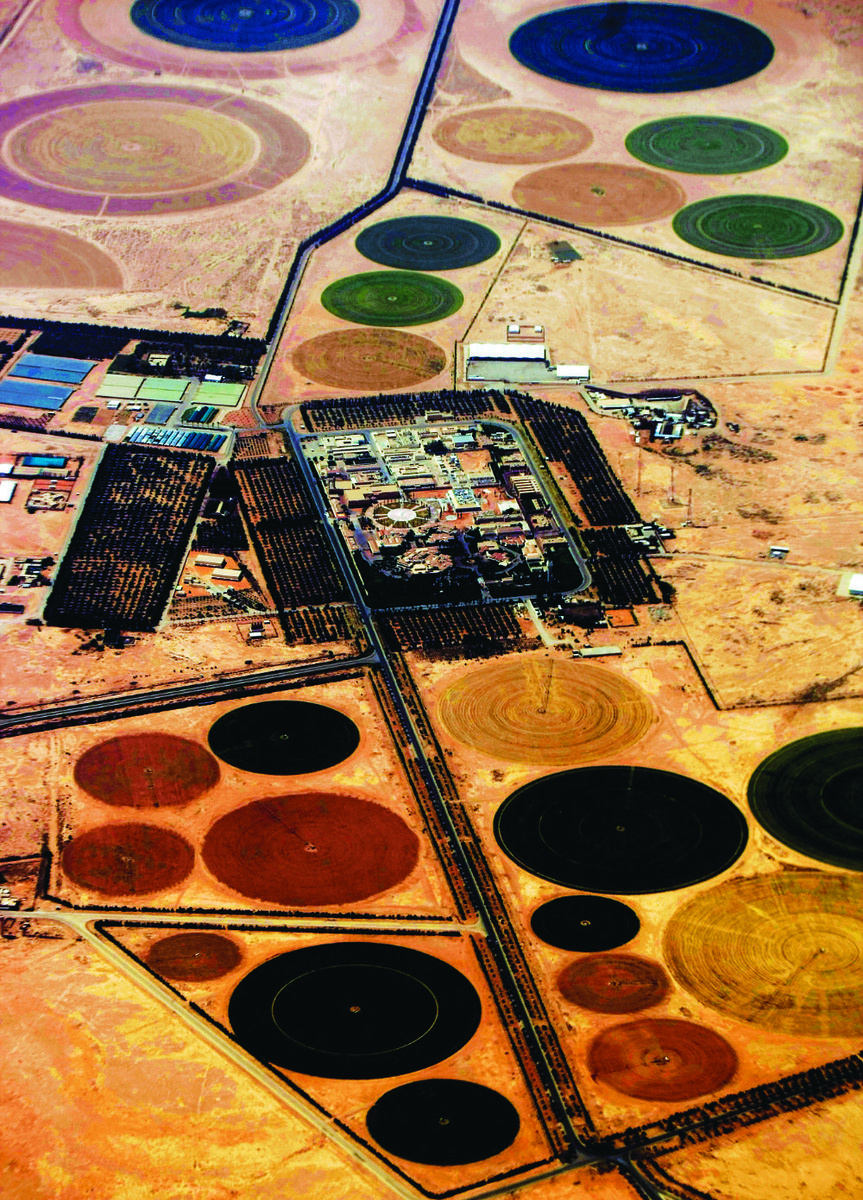
The Kingdom’s reliance on oil could soon become a thing of the past, with megaprojects such as NEOM being built on zero-carbon models. (AFP)
The Kingdom has also been funding R&D into direct air capture (DAC), which some climate scientists see as the long-term “silver bullet” in combating climate change. If CO2 can be successfully removed from the air on a global scale, that would go a long way to solving the problem of global warming.
However, until the technology is proven and widely available, there are other techniques that can be implemented to ameliorate airborne carbon. Again Saudi Arabia has been at the forefront with its Saudi Green Initiative, which envisions the planting of 10 billion trees in the Kingdom over the next two decades as part of a wider Middle East Green Initiative that will eventually see a total of 50 billion trees planted in the region.
When he launched the initiative earlier this year, Crown Prince Mohammed bin Salman said: “As a leading global oil producer, we are fully aware of our responsibility in advancing the fight against the climate crisis, and that just as we played a leading role in stabilizing energy markets during the oil and gas era, we will work to lead the coming green era.”
The other major plank of the Saudi Green Initiatives is a commitment to lift the proportion of renewables in the Kingdom’s domestic energy mix to 50 percent by 2030, replacing oil as an energy-generating fuel, with the balance to come from natural gas.
The Kingdom has already begun this program, with big wind and solar projects announced earlier this year to generate electricity from renewable sources.
The jewel in the crown of the Saudi sustainability strategy is the NEOM megacity under construction in the Kingdom’s northwest, which will have a zero-carbon footprint, with all its power and water needs satisfied by non-hydrocarbon sources, notably “green” hydrogen.
All the Saudi mega-projects of Vision 2030 also have sustainability at the heart of their plans.
Saudi Arabia is already a pioneer in developing hydrogen fuels, and last year exported the first shipment of “blue” ammonia — a much cleaner fuel that is a byproduct of the oil and gas industrial process — to Japan for use in that country’s electricity generation industry.
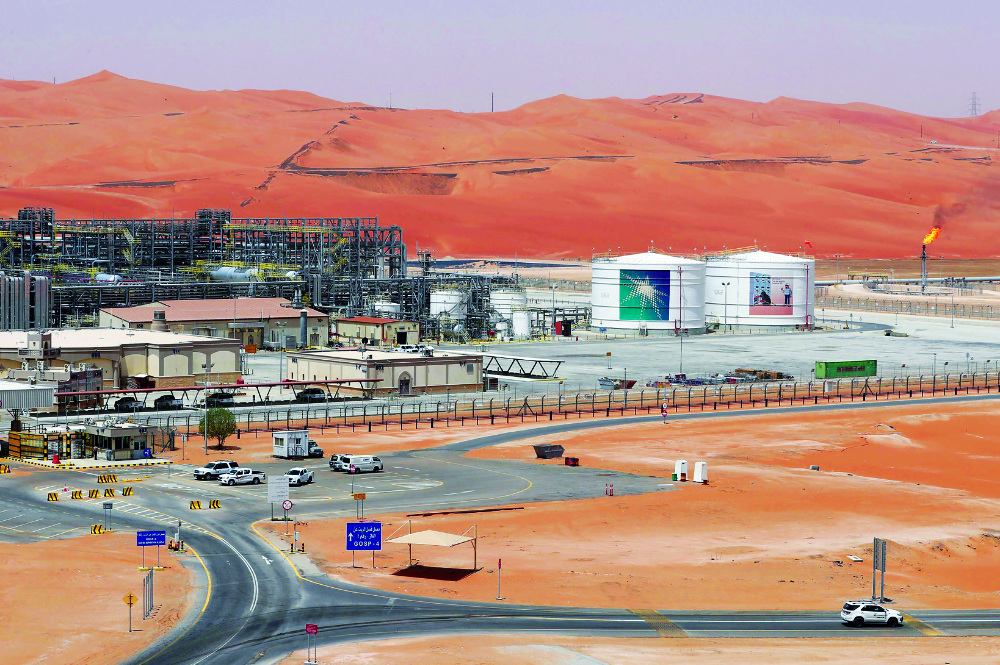
Saudi Aramco’s Shaybah oilfield. The company is one of the most profitable in the world. (Reuters)
An alliance with Germany was announced this year to study and develop hydrogen fuels, combining Saudi energy expertise with German engineering and technological prowess.
Nobody in New York — or Glasgow next month — is underestimating the scale of the climate challenge ahead, but Saudi Arabia has shown, and will continue to show, that a responsible approach to the problem can be adopted without totally abandoning the power and efficiency of hydrocarbons.
The Kingdom is winning allies in this challenge. At last year’s G20 summit of world leaders, the CCE framework promoted by Saudi Arabia was adopted unanimously as the preferred global methodology for combating global warming.



